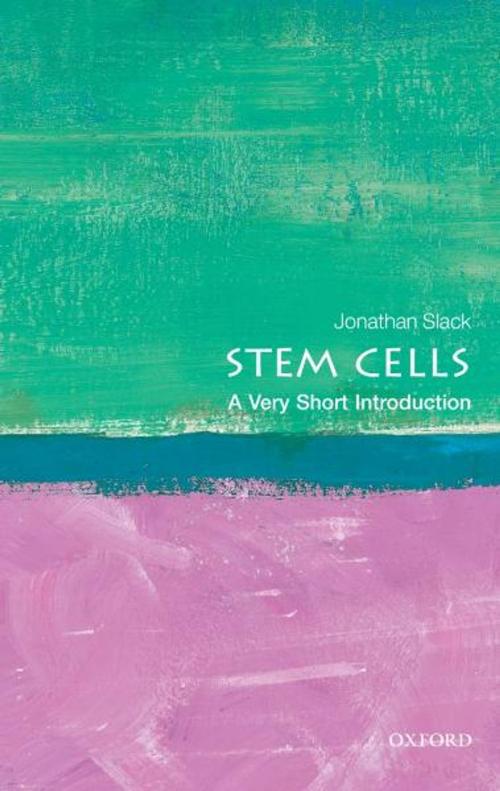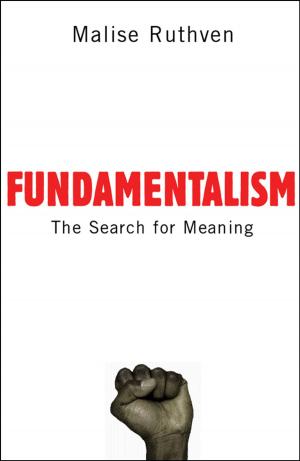Stem Cells: A Very Short Introduction
Nonfiction, Science & Nature, Science, Biological Sciences, Cytology, Health & Well Being, Medical| Author: | Jonathan Slack | ISBN: | 9780191633942 |
| Publisher: | OUP Oxford | Publication: | February 23, 2012 |
| Imprint: | OUP Oxford | Language: | English |
| Author: | Jonathan Slack |
| ISBN: | 9780191633942 |
| Publisher: | OUP Oxford |
| Publication: | February 23, 2012 |
| Imprint: | OUP Oxford |
| Language: | English |
The topic of stem cells has been very high profile in the media in recent years. There is much public interest in stem cells but also much confusion and misinformation, with some companies already offering 'stem cell products' and bogus 'stem cell therapies'. In this Very Short Introduction, Jonathan Slack introduces stem cells; what they are, what scientists do with them, what stem cell therapies are available today, and how they might be used in future. Despite important advances, clinical applications of stem cells are still in their infancy. Most real stem cell therapy today is some form of bone marrow transplantation. Slack introduces stem cells by explaining the difference between embryonic stem cells, which exist only in laboratory cultures, and tissue-specific stem cells, which exist in our bodies. Embryonic stem cells can become any cell type in the body, so diseases that may in future be treated by functional cells derived from these sorts of stem cell include diabetes, Parkinson's disease, heart disease, and spinal trauma. He then goes on to discuss the properties of tissue-specific stem cells and the important technique of bone marrow transplantation. Slack concludes by analysing how medical innovation has occurred in this area in the past, and draws out some of the lessons for the development of new therapies in the future. ABOUT THE SERIES: The Very Short Introductions series from Oxford University Press contains hundreds of titles in almost every subject area. These pocket-sized books are the perfect way to get ahead in a new subject quickly. Our expert authors combine facts, analysis, perspective, new ideas, and enthusiasm to make interesting and challenging topics highly readable.
The topic of stem cells has been very high profile in the media in recent years. There is much public interest in stem cells but also much confusion and misinformation, with some companies already offering 'stem cell products' and bogus 'stem cell therapies'. In this Very Short Introduction, Jonathan Slack introduces stem cells; what they are, what scientists do with them, what stem cell therapies are available today, and how they might be used in future. Despite important advances, clinical applications of stem cells are still in their infancy. Most real stem cell therapy today is some form of bone marrow transplantation. Slack introduces stem cells by explaining the difference between embryonic stem cells, which exist only in laboratory cultures, and tissue-specific stem cells, which exist in our bodies. Embryonic stem cells can become any cell type in the body, so diseases that may in future be treated by functional cells derived from these sorts of stem cell include diabetes, Parkinson's disease, heart disease, and spinal trauma. He then goes on to discuss the properties of tissue-specific stem cells and the important technique of bone marrow transplantation. Slack concludes by analysing how medical innovation has occurred in this area in the past, and draws out some of the lessons for the development of new therapies in the future. ABOUT THE SERIES: The Very Short Introductions series from Oxford University Press contains hundreds of titles in almost every subject area. These pocket-sized books are the perfect way to get ahead in a new subject quickly. Our expert authors combine facts, analysis, perspective, new ideas, and enthusiasm to make interesting and challenging topics highly readable.















